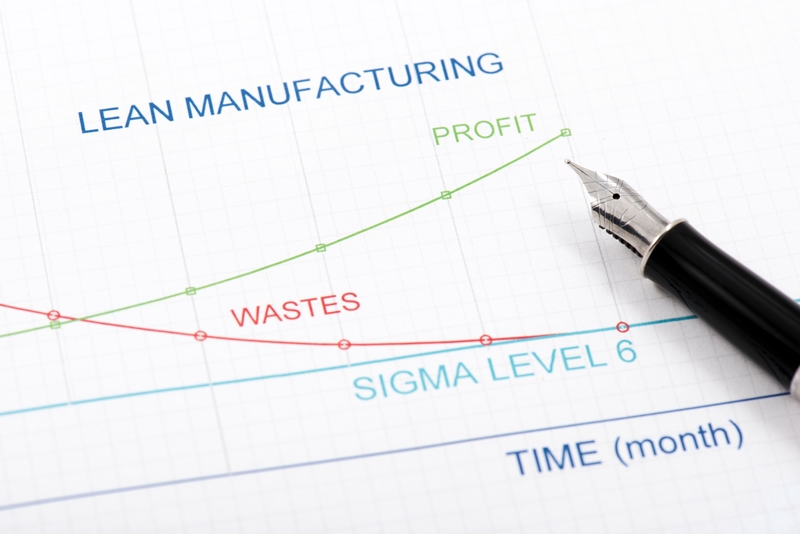All companies struggle to implement and incorporate different managing and manufacturing processes into their business model. While there are literally thousands of techniques to doing so, there are a few general principles which apply to all manufacturing companies. How do companies use these techniques, and what are the benefits of the process for them? Let’s study a few successful companies that currently use lean processes and how they implement them.
Toyota
The automobile giant was perhaps the first major company to adopt this lean ideology in their manufacturing processes, initially calling the method the Toyota Production System. Not only have they eliminated waste but they have also mastered the techniques required to minimize faulty products that do not meet customer needs. Toyota works with two primary processes that allow these goals to be reached. The first is a process called Jidoka, which translates roughly to “mechanization with the help of humans.” This means that although some aspects of the job are automated, humans are continually checking the quality of the product. There are also programs built into the system that allows the machines to shut themselves down if someone spots a problem. The second part is known as the Just In Time or JIT model. This ensures that the next step of a process is only started once the previous phase is completed. This way, if there is a flaw in the assembly line, no extra and unnecessary work will be completed. This lean manufacturing technique has paved the way for dozens of other companies to follow in their footsteps.
Intel
Known for their computer processors, Intel adopted the lean manufacturing techniques to provide a higher quality product to an industry that demands zero bugs. This ideology has helped reduce the time to bring a microchip to the factory from more than three months in the past to less than ten days. With items so precise and technical, Intel quickly realized that producing a higher quantity of lower quality was not the way to improve profits and increase customer satisfaction. Instead, by implementing quality control factors and waste reduction techniques, both parties benefit. This is even more so true in the tech industry where products are changing and being upgraded so frequently.
John Deere
John Deere has also adopted a lean manufacturing approach to their business. Many of their quality control mechanisms are fully automated meaning that more parts can be checked for defects in a shorter period. This means that more supply can get out of the door each day and the product can be offered to the consumer for a lower price. These controls are also used to monitor the production of each part of their products which means that they will never produce more than is needed and expend valuable materials in the process.
Nike
The famous shoe and clothing giant has also adopted lean manufacturing techniques. Much like other businesses, Nike saw less waste and higher customer value, but also some unforeseen benefits. Lean manufacturing was shown to reduce poor labor practices in their overseas manufacturing plant by up to fifteen percent. This was mainly due to lean manufacturing valuing the worker more than previous labor practices. It gave more significant value to an employee and in turn higher value to the company as a whole.
Lean manufacturing is a process that more businesses will continue to adopt well into the future. By reducing waste and maximizing value to the customer, both consumers and companies can handsomely benefit from its implementation. Most companies have seen the genius of the lean manufacturing system, and have attempted to implement the system in their own processes with various beneficial effects.
